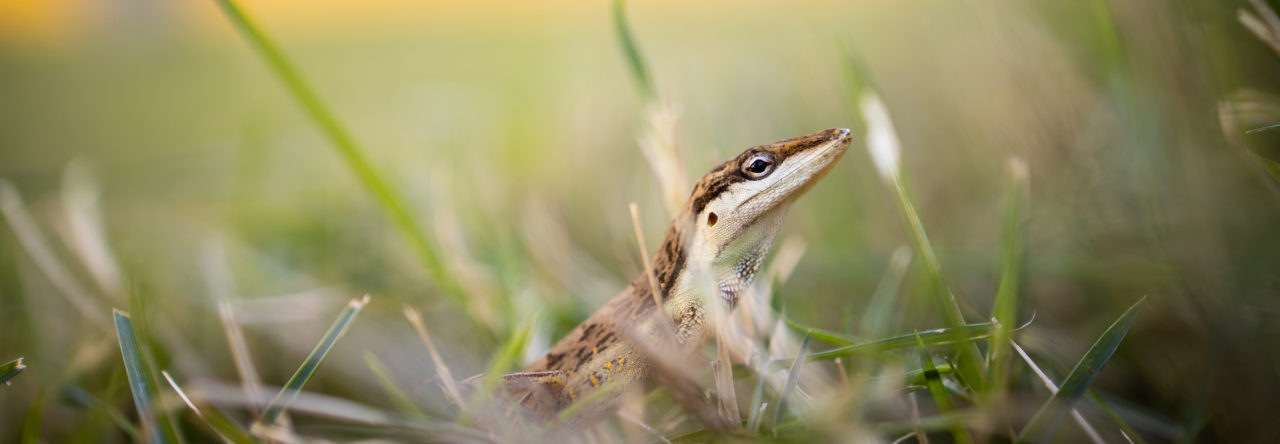 In the herpetology community (i.e., reptile and amphibian aficionados), The World Congress of Herpetology (WCH) is a big deal. In essence, it is a very large scientific conference, held every 3-5 years, uniting local herpetology societies from around the world.
In the herpetology community (i.e., reptile and amphibian aficionados), The World Congress of Herpetology (WCH) is a big deal. In essence, it is a very large scientific conference, held every 3-5 years, uniting local herpetology societies from around the world.
“I wouldn’t miss WCH for anything!”– J.B. Losos
As the WCH mission statement says, “the objectives of the Congress are to promote international interest, collaboration and co-operation in herpetology”; in laymen’s terms means we herpetologists get together to talk about our research in formal meeting rooms, as well as informally in the pub over a beer or two.
This year the 7th World Herp Congress will be held in Vancouver (8-14 August 2012). [Incidentally, a small typing error in google brought me to the 11th World Harp Congress, happening just a few weeks earlier in the same place!]
There will be 15 presentations and 8 posters focussing on our beloved anoles! Including presentations from some of your favourite Anole Annals contributors. A run down of the anole content is after the fold.
Bienentreu, Joe-Felix – Session 42, Friday 15:45 “Taxonomy and phylogeography of the Anolis pachypus complex (Squamata: Iguania: Dactyloidae)”
Castaneda, Maria del Rosario – Session 130 Monday 14:15, “Multivariate analysis of the morphological component of ecomorphology in mainland Anolis lizards (Dactyloa clade)”
Crawford, Nicholas – Session 132 Monday 14:45, “The genetics of colorful pigmentation in Anolis lizards”
Harrison, Alexis – Session 130 Monday 14:45, “Correlated evolution of microhabitat, morphology, and behavior in West Indian Anolis lizards: A test of the ecomorph hypothesis”
Ingram, Travis – Session 130 Monday 14:00, “A new comparative method that does not require pre-assigned ecomorph categories confirms exceptional morphological convergence in Caribbean”
Kolbe, Jason – Session 35 Friday 16:45, “Adaptation and plasticity during Anolis lizard introductions”
Losos, Jonathan – Session 58 Saturday 9:15, “Natural History of the Little-Known Horned Anole of Ecuador, Anolis proboscis, and its equally little-known relative, Phenacosaurus orcesii”
Mahler, D. Luke – Session 89 Sunday 11:30, “Discovery of a short-limbed giant Anolis from Hispaniola supports a deterministic model of island evolution and community assembly”
Powell, Brian – Session 130 Monday 14:30, “Brain Evolution Across the Puerto Rican Anole Radiation”
Schneider, Christopher – Session 130 Monday 15:45, “The genetic basis of phenotypic variation and divergence in Anolis marmoratus”
Sherratt, Emma – Session 130 Monday 16:45, “The deep history of Anolis habitat specialists”
Stuart, Yoel – Session 35 Friday 14:45, “A real-time test of a classic hypothesis: rapid, replicated character displacement in Anolis carolinensis following invasion by a congeneric competitor”
Warkentin, Karen – Session 1 Thursday 11:15, “Environmentally cued hatching: Integrative and evolutionary biology of a critical life-stage transition”
Warner, Daniel – Session 35 Friday 17:00, “Spatial and temporal variation in phenotypic selection after experimental introduction in the lizard Anolis sagrei”
Wollenberg Valero, Katharina – Session 98 Sunday 15:30, “Diversification within adaptive radiations: the case of Hispaniolan trunk-ground anoles”
Friday Posters: Castañeda, Maria del Rosario – Poster board 171, “Anolis lizards in the Encyclopedia of Life”
Gubler, Jenny – Poster board 176, “Investigation of the Evolutionary Relationships Among Species of the Anolis cupreus Complex”
Saturday Posters: Otero, Luisa – Poster board 132, “Habitat influence on annual reproductive cycle of Anolis cristatellus in Puerto Rico”
Cantwell, Lisa – Poster board 108, “Response of Anolis sagrei to Acoustic Calls from Predatory and Non-predatory Birds”
Sunday Posters: Mahler, D. Luke – Poster board 336, “A new organization dedicated to the conservation of Anolis lizards: The Anoline Lizard Specialist Group”
Rubio-Rocha, Laura C. – Poster board 396, “Continuous reproduction under a bimodal precipitation regime in a high elevation anole (Anolis mariarum) from Antioquia, Colombia”
Rubio-Rocha, Laura C. – Poster board 397, “Geographic variation in the lower temperature tolerance in the invasive brown anole, Anolis sagrei and the native green anole, Anolis carolinensis”
Vega, Sondra – Poster board 402, “Omnivory in Puerto Rican Anolis lizards”
This will be my first WCH and I’m very excited! Myself and others will report back from the congress in August.
- 20-Million-Year-Old Fossils Reveal Ecomorph Diversity in Hispaniola - July 27, 2015
- Anolis proboscis: Ugly and Famous - September 5, 2014
- The Fossil Species Anolis electrum Gets an X-ray Makeover - August 14, 2014


Anthony Geneva
Looks like a great line up. Wish I could make it. Maybe next WCH…